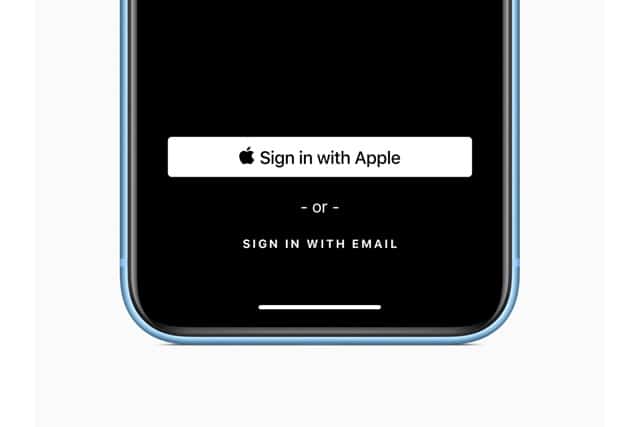
'Sign in with Apple' neatly balances privacy and convenience
At WWDC yesterday, Apple made numerous announcements and one of the more interesting was the company's new alternative to social sign-in buttons. Endless apps and website let you sign in with your Facebook, Twitter or Google account for the sake of convenience, but it comes at the cost of privacy -- which is precisely why Apple came up with "Sign in with Apple".
The basic idea is the same as existing social sign-in options -- it's a quick and easy way to sign into various services without the need to create a dedicated account. The difference is that "Sign in with Apple" protects your privacy and avoids the tracking of the current crop of alternatives.

Applying for a US visa? Prepare to hand over your social media account details
As announced a little over a year ago, US visa applicants should now expect to be asked for details of their social media accounts. Only certain types of diplomatic and official visa applications are exempt.
As of Friday, the US State Department started to use social media usernames, email addresses and phone numbers as part of its screening process. The use of "social media identifiers" for vetting purposes will apply to almost everyone applying for a US visa, raising all manner of privacy concerns.

Leaked: take a look at Cloudflare's free VPN, Warp
Cloudflare's 1.1.1.1 DNS switching tool has proved very popular with iOS and Android users looking to take control of their internet connections, and there was much excitement when the company announced that it would be releasing a free VPN tool called Warp.
At the moment, there is a lengthy waiting list for the free VPN (I'm number 278100 on the list, for instance) but we've been given a sneak peak at what to expect. Leaked screenshots show off the free VPN, and a video gives you an idea of the sort of performance you can expect.

New tool allows files to be encrypted and shared wherever they’re stored
One of the best ways of preventing sensitive files from falling into the wrong hands is to encrypt them, but the process of encrypting and decrypting can be a chore, especially if you want to share the information.
VPN service NordVPN is set to launch its own NordLocker security tool, designed to safeguard files whether they are stored locally or in the public cloud, and make them easy to share.

More than 70 percent of consumers fear becoming ID theft victims
The more the internet has become essential to our daily lives, the more people are waking up to the threats that it poses to their safety.
In a new study by F-Secure, 71 percent of respondents say they feel that they will become a victim of cybercrime or identity theft, while 73 percent express similar fears about their children.

Bittium announces the world's most secure smartphone: the Bittium Tough Mobile 2
In a world that is increasingly concerned about privacy and security, Bittium launches the Tough Mobile 2. Proudly billed as "the world's most secure smartphone" it takes a multilayered approach to security, combining both hardware and software solutions.
More than just secure, the Bittium Tough Mobile 2 -- as the use of the word "tough" would imply -- is also a rugged phone (although it does not proclaim to be the toughest phone in world). Designed and manufactured in Finland, the phone is aimed at professionals, and boasts "ultra secure communications without compromising usability".
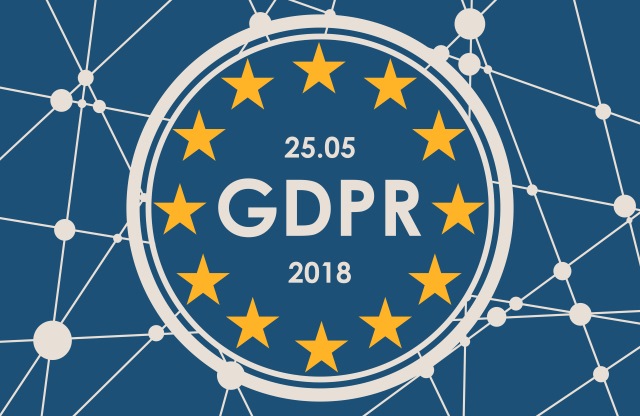
GDPR one year on -- what have we learned and what happens next?
This weekend marks exactly a year since the introduction of the EU's GDPR legislation shook up the world of data protection and sent businesses around the world into a flurry of compliance activity.
So, what has the industry learned over the past year and what are the ongoing challenges we can expect to see? We've gathered the views of some industry experts.
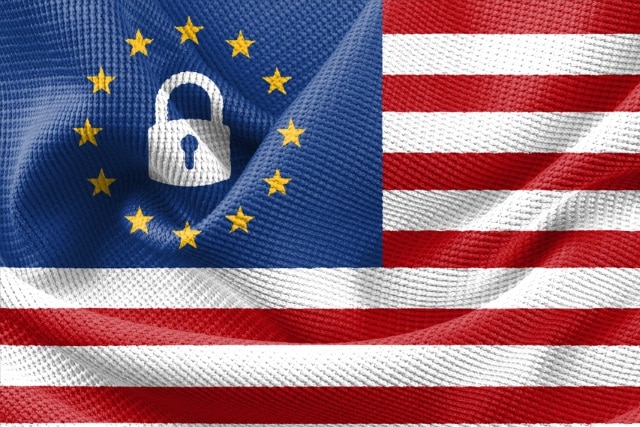
Microsoft wants GDPR-style privacy laws for the US
It is now a year since GDPR (General Data Protection Regulation) rules came into effect in Europe, and on this anniversary, Microsoft is starting a conversation about bringing similar privacy regulation to the US.
The company praises the privacy framework and says that it has improved how companies handle their customers' personal data. It says that GDPR has inspired a global movement that has seen countries around the world adopt new privacy laws, and that it is time for the US to follow suit.
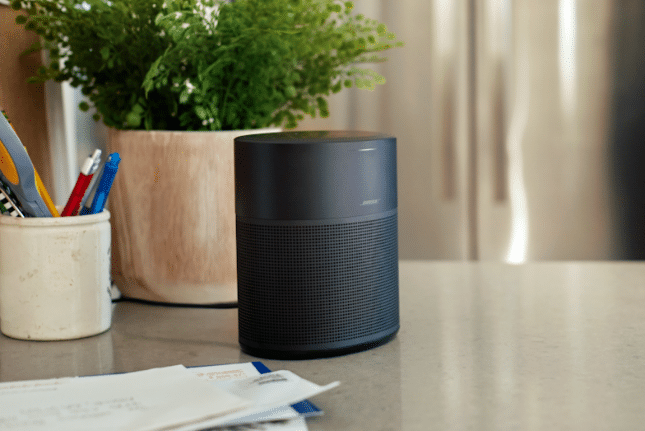
Google Assistant comes to Bose speakers (along with privacy concerns)
Believe it or not, Bose speakers are a bit controversial. While many consumers (including yours truly) enjoy the sound quality of Bose products, many self-proclaimed "audiophiles" tend to speak badly of the brand. The reality is, if you enjoy Bose speakers, that's all that matters -- ignore the haters.
Today, some existing Bose speakers are arguably getting even better. If you own a Bose Home Speaker 500, Bose Soundbar 500, or Bose Soundbar 700, you will get the always-listening Google Assistant functionality through a free automatic update.

UK age verification rules could put users at risk
With age verification checks for users of adult sites in the UK set to come into force this summer, cyber security company F-Secure says that the new rules could increase the risk of identity theft and other cyber crimes.
Under the new laws, British internet users will be required to verify their age in order to access adult content websites. This could be by sharing personal information such as passport, driving license, phone number or credit card details with third-party age verification platforms, or by buying a 'porn pass' at a store.

Google is using Gmail to track your purchases
Google's business relies on gathering information about its users and customers, so the company take every opportunity it can to reap as much data as possible. As such, it should surprise no one to learn that Google has been using Gmail to keep a record of things you have bought -- both online and offline.
A little-known page (it's not exactly secret, but nor is it made particularly obvious) of your Google account reveals years of purchases. Google insists that the data on the Purchases page can only be seen by individuals, and is not used to tailor ads, but the clandestine, opaque nature of the tracking -- coupled with the fact that the data is tricky to delete -- is unlikely to go down well with Gmail users with concerns about privacy.
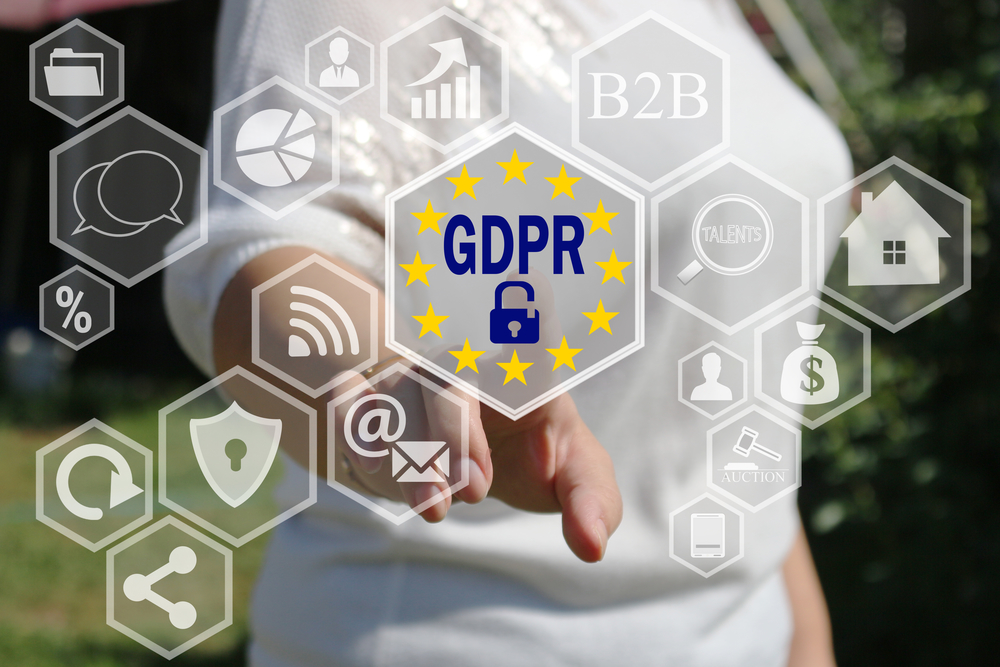
Half of companies missed GDPR compliance deadline
Only half of companies achieved compliance with GDPR before the May 25, 2018 deadline, and most companies took seven months or longer to achieve readiness.
This is among the findings of a new report from privacy management platform DataGrail which also reveals that two-thirds of companies assigned dozens, or even hundreds, of employees to manage GDPR compliance.

UK consumers want businesses to do more to protect their data
Protecting your digital footprint is growing more important and the results from a survey of 2,000 UK adults by Kaspersky Lab finds that people believe there is not enough business or state protection currently in place to defend it.
The study finds 41 percent of UK respondents think that businesses should do more to protect their personal data, including passwords, addresses and bank account details, from hacking.
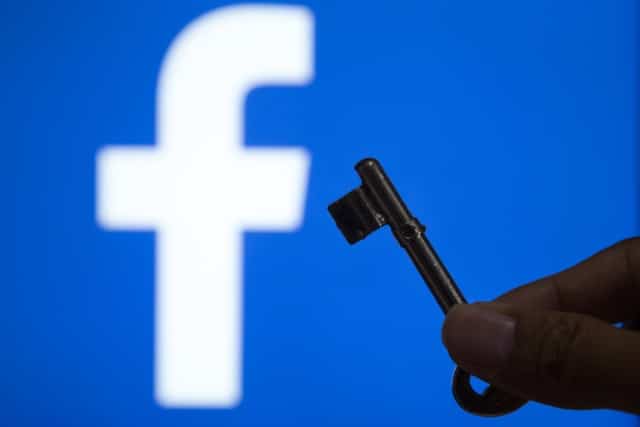
Four out of five people expect Facebook to have another data privacy issue this year
People are becoming more aware of the need to protect their data online, not just because of the rate of cybercriminal activity, but also because large organizations are frequently being careless with the data they hold.
A new survey of 1,000 people from OpenVPN reveals that four out of five people are expecting Facebook to face at least one more data privacy issue in the next year. In addition 71 percent say recent scandals have somewhat or severely negatively affected their view on Facebook, while 37 percent trust tech giants less now because they don’t think the companies have properly addressed the data privacy problems.
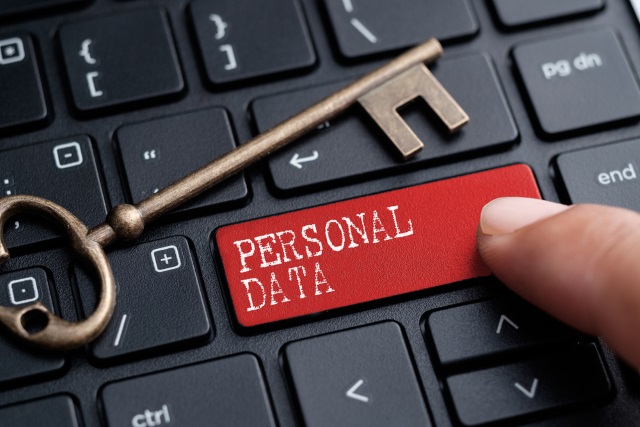
New tool helps protect sensitive data on Oracle databases
With GDPR in effect and privacy regulations being planned in other parts of the world, many organizations are looking at their database management to ensure stored data is complaint and doesn’t threaten the business.
For Oracle users, Quest Software is launching its Toad for Oracle -- Sensitive Data Protection (SDP) Module. This allows database admins to to detect and receive notification of personally identifiable information (PII) data residing in databases, select encryption and redaction options immediately after detection, and perform ongoing monitoring
